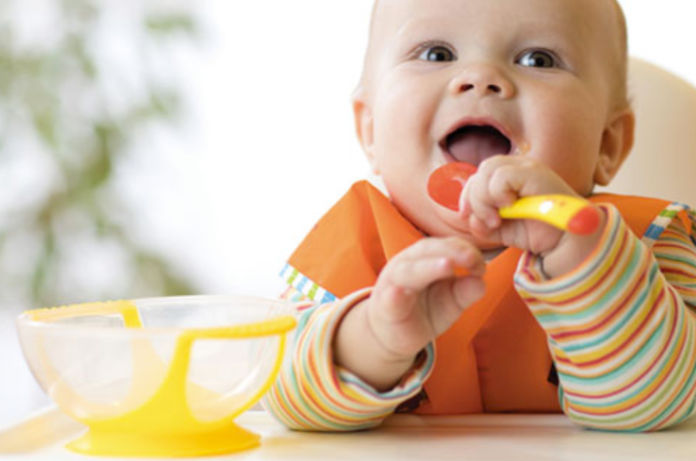Bamboo crockery: light, practical, colorful, ideal for use by children. Eye-catching products that are only apparently ecological alternatives to plastic: it is in fact impossible to make dishes, cutlery or glasses using only flour or wood fiber, infact a synthetic resin is always needed to keep ingredients of this type together. In view of the success of this type of tableware, Altroconsumo has analyzed 14 products purchased in stores and online, discovering serious shortcomings in the information provided or, in some cases, misleading information.
Altroconsumo test results From the results published in the magazine “Altroconsumo Inchieste” of February 2020, it emerges first of all that about half of the samples defined as eco-friendly and biodegradable. However, this wording cannot be true as all products contain a synthetic resin with a melamine base that is not biodegradable or recyclable and, since it is impossible to separate it from the bamboo part, the product will still end up in landfills or incinerators. Yet only 3 of the products analyzed indicate the presence of materials other than bamboo on the label while the other products do not have specific information, leaving buyers to believe that they are made entirely of bamboo. Lack of information also regarding the safety of use of these dishes: only 6 of 14 products present indications relating to the temperatures of use of the products with the warning to keep within certain limits. Not all products specify on the label that these dishes must not be used in the microwave: a particularly important point since the heat favours the release of harmful substances.
The Organization also checked whether the dishes released unwanted substances once in contact with hot food. Formaldehyde and melamine – the two potentially carcinogenic substances sought – have been found in quantities lower than the legal limits except in the case of the Biubu baby food kit, which has released substances in quantities equal to the maximum limits set by the European Regulation and for this reason it is found at last place in the ranking. The maximum score, i.e. 5 stars, was awarded only to two cups (Casa Collection and Heyholi) and to a baby food kit (Lesser & Pavey) which proved to be safe, showing no release of formaldehyde and melamine.
Starting from the test results, Altroconsumo reported to the Competition and Market Authority these practices aimed at incorrectly influencing consumer purchases, asking to open an investigation and proceed with any penalties and interventions.
The German study and reports to the European alert system To confirm the conclusions of Altroconsumo there is also a recent study by the German Institute that deals with food safety (BfR), which analyzing the migration data of hundreds of dishes based on melamine resin – with and without bamboo – concluded which are not suitable for repeated contact with hot substances. Even the German institute has highlighted that the dishes containing bamboo can release a greater amount of formaldehyde and melamine in hot food compared to the classic dishes in melamine resin only.
The criticality of these products is also confirmed by the data of the Food and Feed Safety Alerts (Rasff) which only in 2019 received about 40 reports relating to bamboo products in which a migration of formaldehyde and / or melamine was found which exceeded the limits provided for by European law (EU Regulation No. 10 of 2011). Formaldehyde is classified by the International Agency for Research on Cancer (Iarc) as “certain carcinogen” while melamine is present in the list of possible carcinogens.
The advice of Altroconsumo
• We do not recommend the use of dishes containing bamboo fibers and more generally all those based on melamine, which are not suitable for repeated contact with hot food.
• This type of crockery, traditional or “bamboo”, must not be used in the microwave, since exposure to heat risks increasing the release of formaldehyde and melamine.
• In general, Altroconsumo always suggests to carefully check all the information of use printed or attached to the packaging of dishes and food containers.
Translated by Snips

